How coronavirus will affect how we eat
Lockdown could permanently change what we cook at home and what restaurants we go to
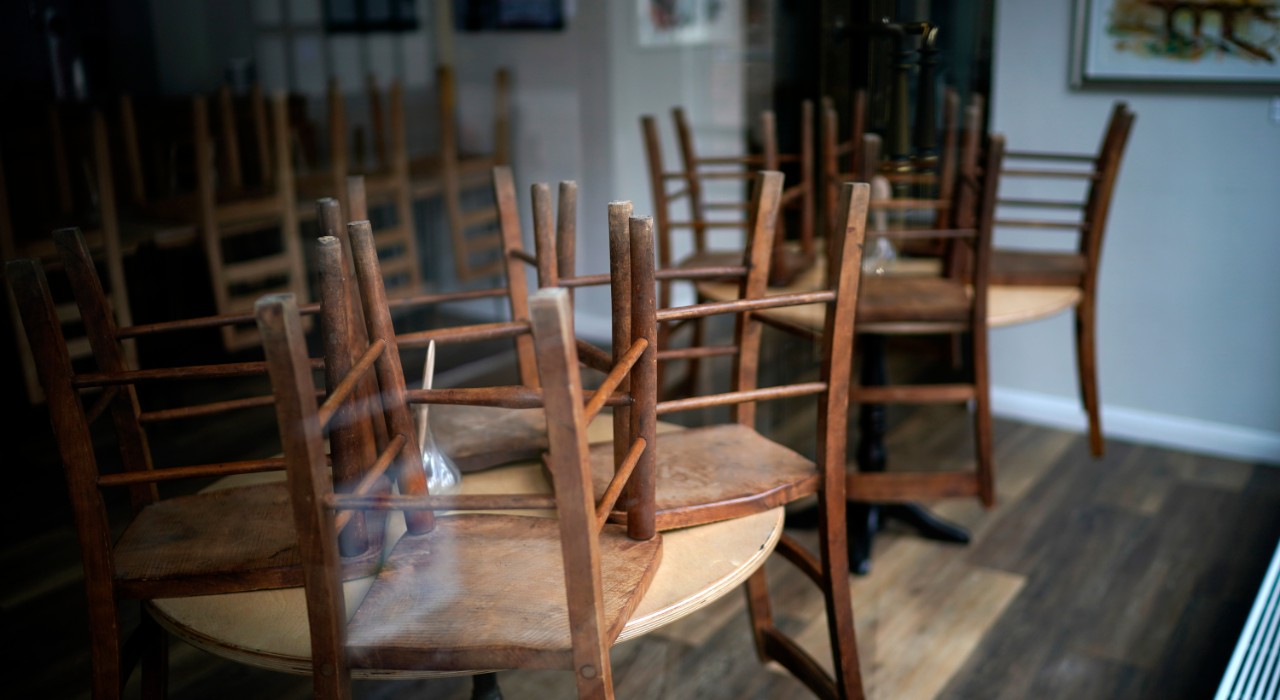
The coronavirus outbreak looks set to permanently change how and where we eat.
A study of 2,000 adults commissioned by Tesco found a quarter of households are spending more time cooking together, while 33% said mealtimes have become more of an occasion.
As a result, two fifths said they enjoy cooking more now than they did before the lockdown began, with 89% vowing to continue making food from scratch once the restrictions are lifted.
The Week
Escape your echo chamber. Get the facts behind the news, plus analysis from multiple perspectives.

Sign up for The Week's Free Newsletters
From our morning news briefing to a weekly Good News Newsletter, get the best of The Week delivered directly to your inbox.
From our morning news briefing to a weekly Good News Newsletter, get the best of The Week delivered directly to your inbox.
Earlier this month Ian Wright, the chief executive officer of the Food and Drink Federation (FDF), said the coronavirus pandemic will likely change people’s eating habits forever and have a permanent effect on the UK food and drink industry.
“Of course there will be those who as soon as this is deemed to be over will go out and ‘party like it’s 1999’” he told the Gratham Journal, but many will also choose to embrace the new working-from-home culture, shunning their usual cafes and restaurants in favour of making their own meals.
It is a similar story around the world, with a survey by market researcher Nielsen held across China, Hong Kong, Taiwan, Japan, South Korea, Thailand, Philippines, Vietnam, Malaysia, Singapore and Indonesia in March concluding Asian consumers are unlikely to go back to their old habits of frequently dining out, and will instead prefer takeaways and eating at home once life goes back to normal after the coronavirus pandemic.
With 86% of those polled in China saying they would eat at home more often than before the outbreak, “the survey underscores the changing retail landscape, particularly for the food and drinks segment, as businesses grapple with the new normal of social distancing drilled into the public’s psyche to stem the spread of Covid-19” reports the South China Morning Post.
A free daily email with the biggest news stories of the day – and the best features from TheWeek.com
–––––––––––––––––––––––––––––––For a round-up of the most important stories from around the world - and a concise, refreshing and balanced take on the week’s news agenda - try The Week magazine. Start your trial subscription today –––––––––––––––––––––––––––––––
Daphne Ewing-Chow in Forbes says “with the widespread acceptance that coronavirus originated in an exotic meat market in China, there has been a massive consumer rethink around food”.
She predicts changing attitudes will see home cooking make a resurgence, healthy and organic eating growing in importance, food safety coming under a closer lens, reduced demand for exotic, risque foods, and a greater focus on eating local.
All this spells trouble for the already beleaguered high-street restaurant.
Janan Ganesh in the Financial Times writes while the likes of sport and theatre will quickly return to normal, “barring a surge of masochism, fewer entrepreneurs are going to brave the economic risk of the restaurant trade. Those who do will meet fewer willing investors. A sector that is already defined by overcapacity and hair’s-breadth margins will have to get smaller. Logic implies that takings for those who survive could stabilise and grow. But it also implies a narrowing in consumer choice.”
Warning of a “loss of globalism” he says the current crisis is an “attack on the specific lifeblood of the restaurant trade: supply chains, entrepreneurial risk-appetite, the public’s openness to experimentation. The crisis seems almost scripted to do for this one sector”.
For some though, nothing can ever replace the experience of eating out.
The Guardian’s food critic Jay Rayner says with restaurants currently shut, some have suggested he review takeaways instead.
“That’s a non-starter” he writes. “While the food might be diverting, the mid-century modern knock-off kitchen table would stay monotonously the same.”
-
 Saving for a down payment on a house? Here is how and where to save.
Saving for a down payment on a house? Here is how and where to save.the explainer The first step of the homebuying process can be one of the hardest
-
 Music reviews: Zach Bryan, Dry Cleaning, and Madison Beer
Music reviews: Zach Bryan, Dry Cleaning, and Madison BeerFeature “With Heaven on Top,” “Secret Love,” and “Locket”
-
 Book reviews: ‘The Mattering Instinct: How Our Deepest Longing Drives and Divides Us’ and ‘Family of Spies: A World War II Story of Nazi Espionage, Betrayal, and the Secret History Behind Pearl Harbor’
Book reviews: ‘The Mattering Instinct: How Our Deepest Longing Drives and Divides Us’ and ‘Family of Spies: A World War II Story of Nazi Espionage, Betrayal, and the Secret History Behind Pearl Harbor’Feature The pursuit of ‘mattering’ and a historic, devastating family secret
-
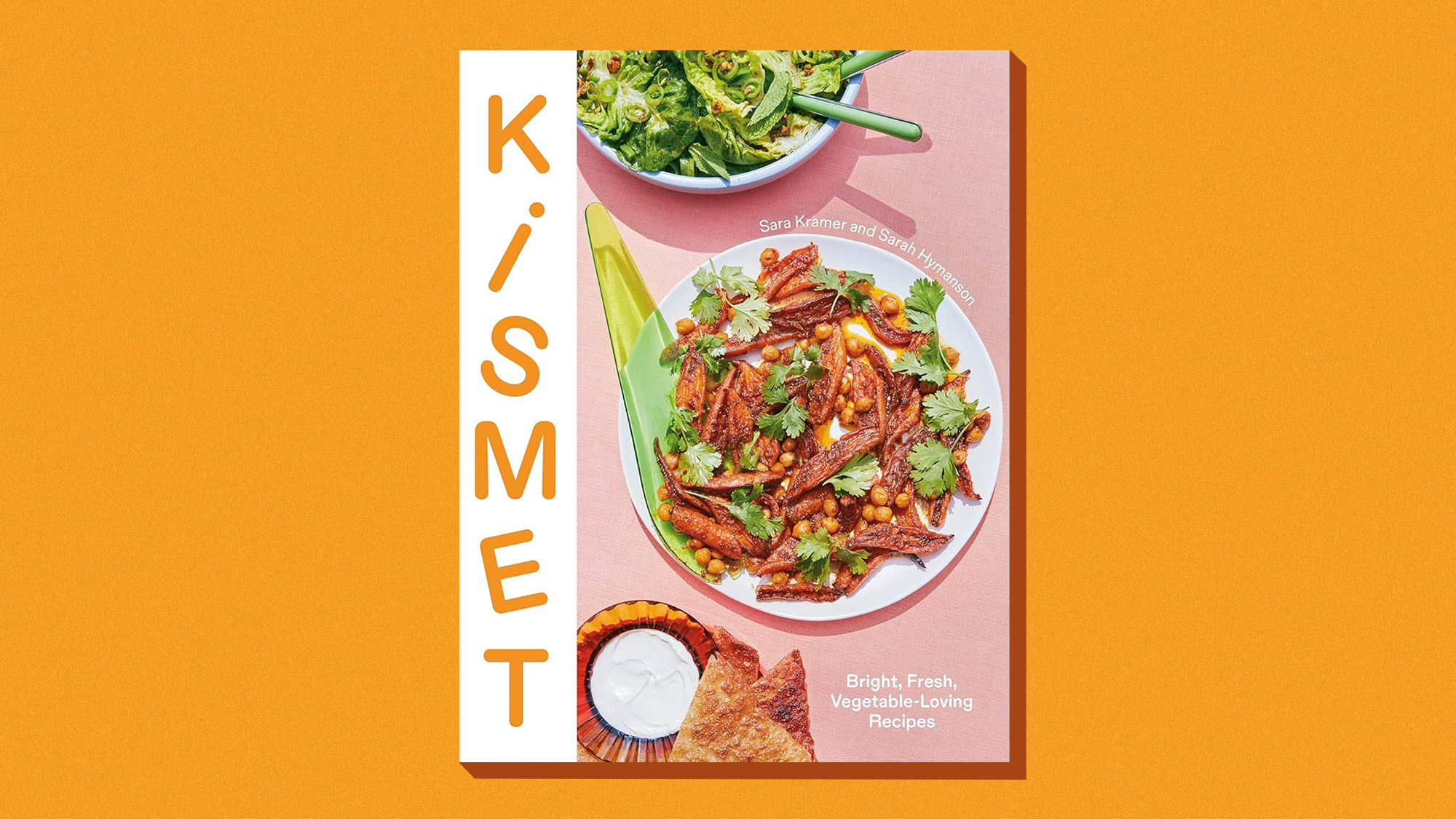 One great cookbook: Sara Kramer and Sarah Hymanson’s ‘Kismet: Bright, Fresh, Vegetable-Loving Recipes’
One great cookbook: Sara Kramer and Sarah Hymanson’s ‘Kismet: Bright, Fresh, Vegetable-Loving Recipes’the week recommends The beauty and wonder of great ingredients and smart cooking
-
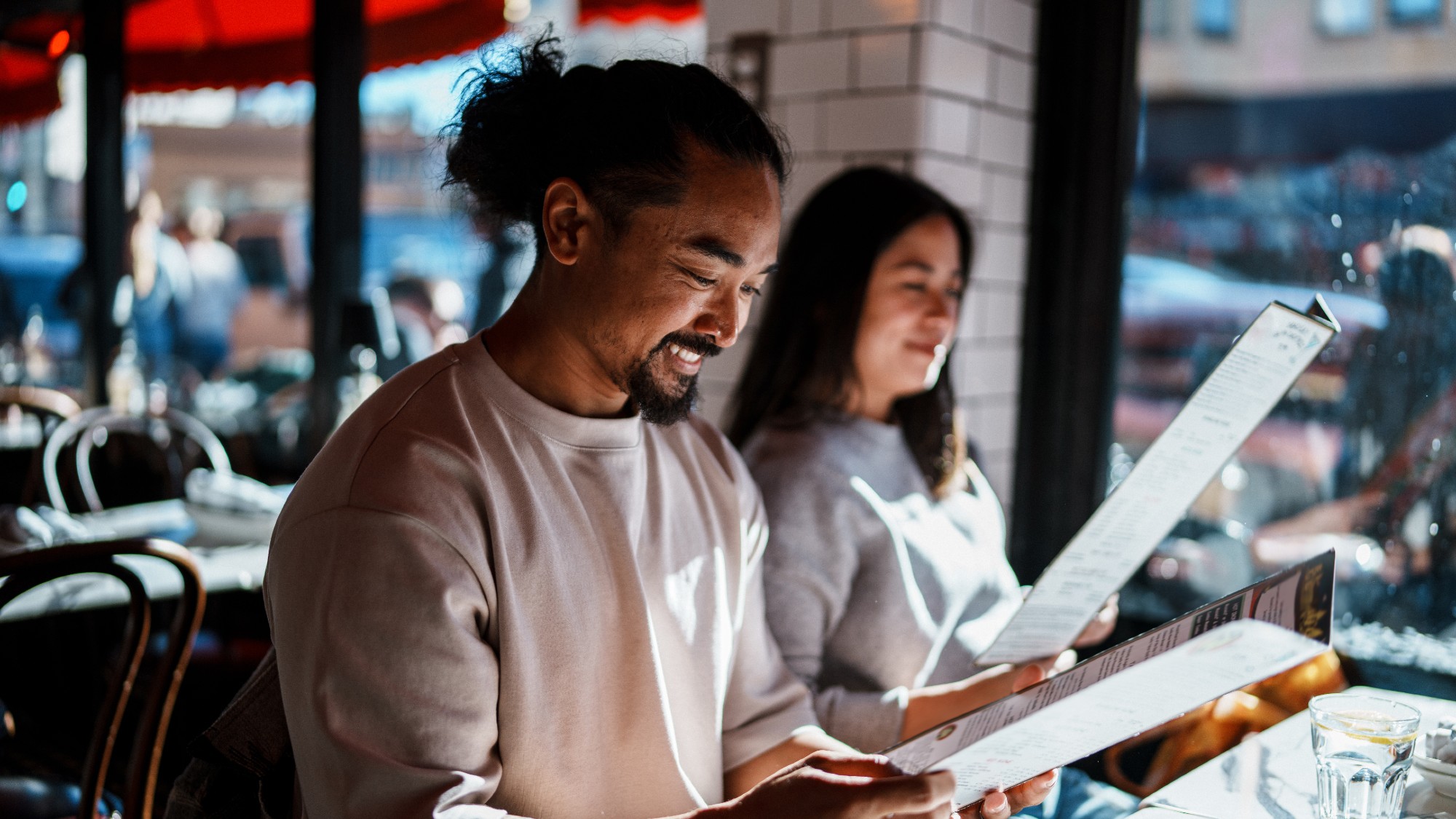 8 restaurants that are exactly what you need this winter
8 restaurants that are exactly what you need this winterThe Week Recommends Old standards and exciting newcomers alike
-
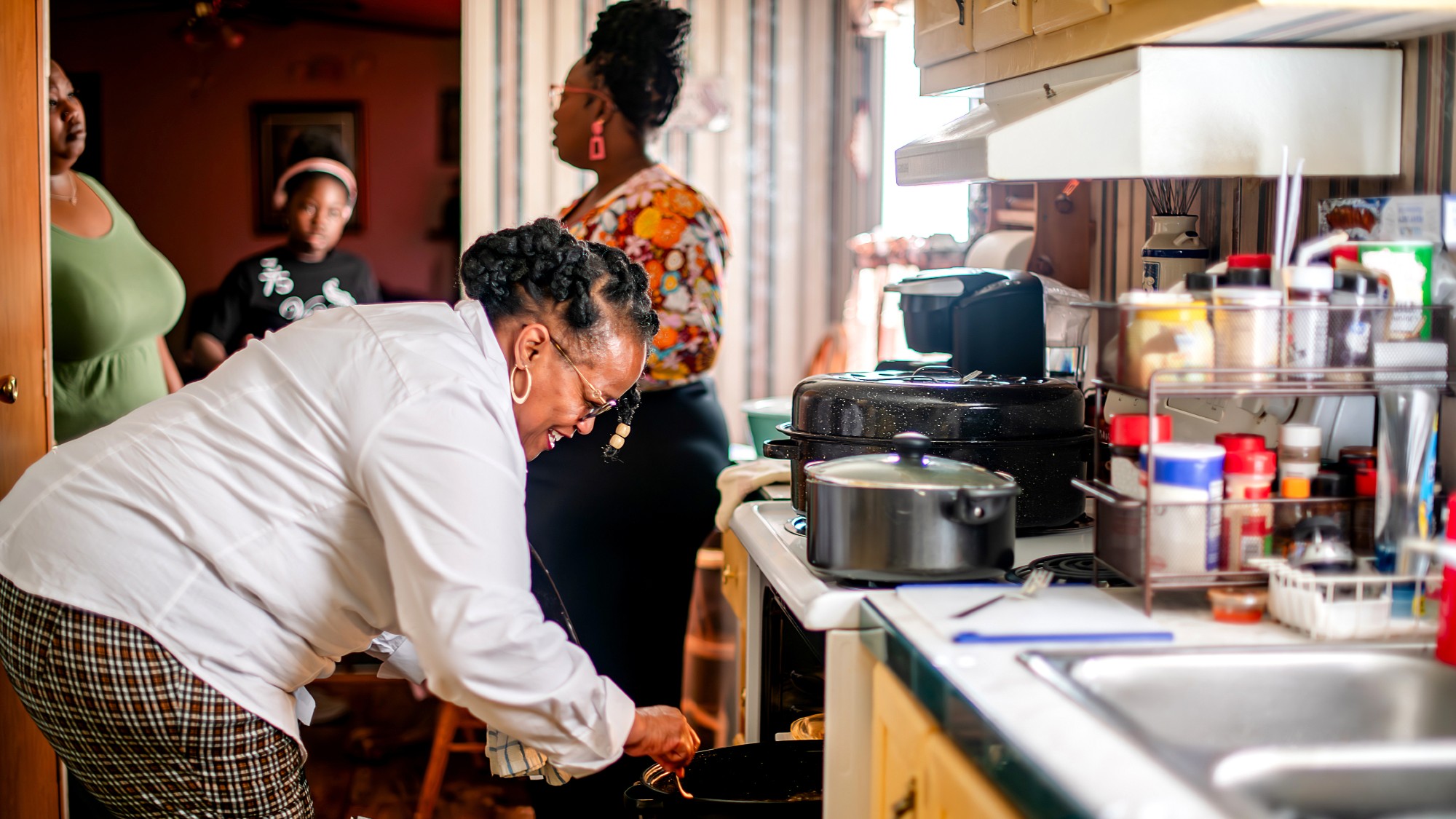 7 recipes that meet you wherever you are during winter
7 recipes that meet you wherever you are during winterthe week recommends Low-key January and decadent holiday eating are all accounted for
-
 8 new cookbooks begging to be put to good winter use
8 new cookbooks begging to be put to good winter usethe week recommends Booze-free drinks, the magic versatility of breadcrumbs and Japanese one-pot cooking
-
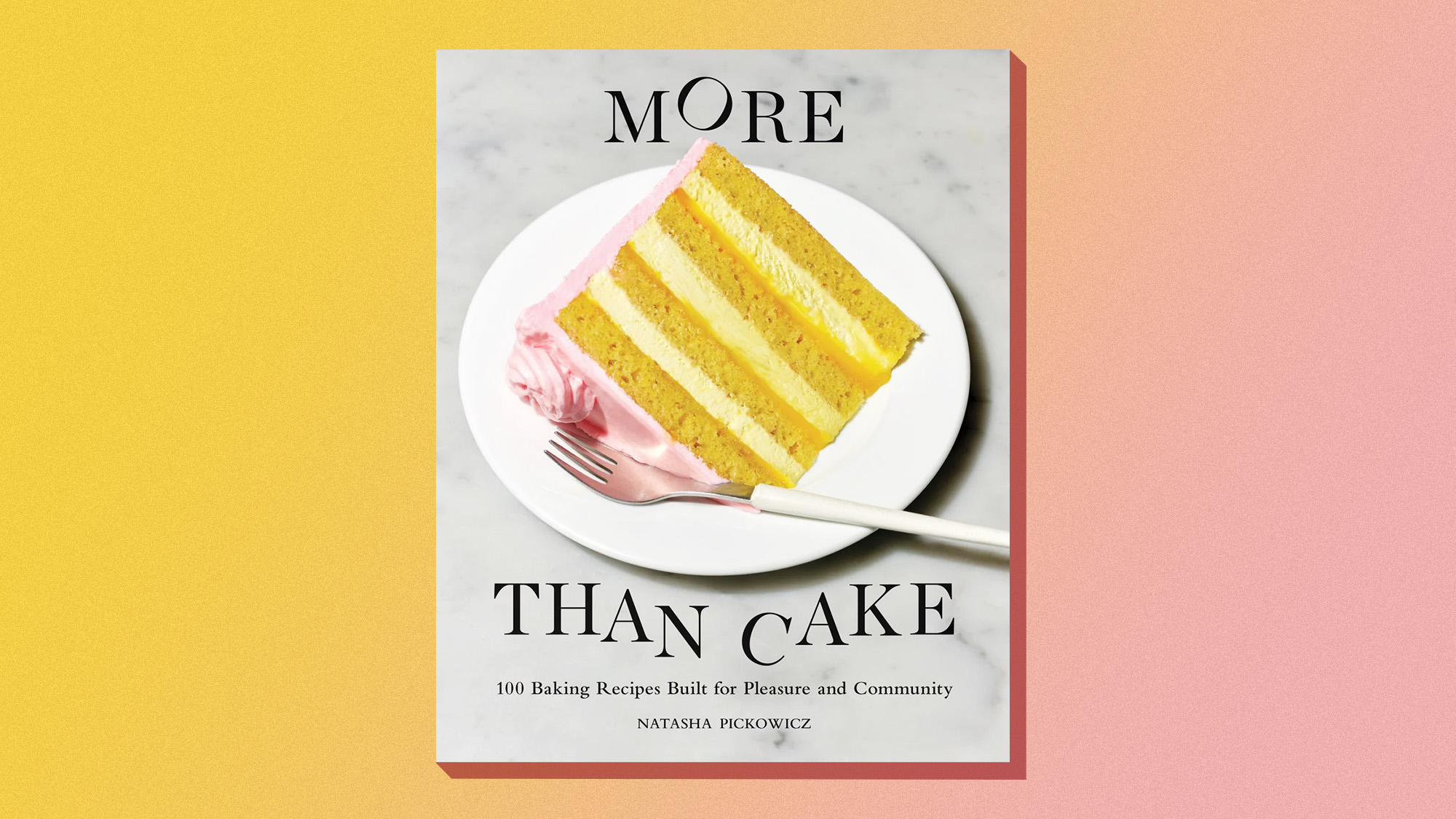 One great cookbook: Natasha Pickowicz’s ‘More Than Cake’
One great cookbook: Natasha Pickowicz’s ‘More Than Cake’the week recommends The power of pastry brought to inspired life
-
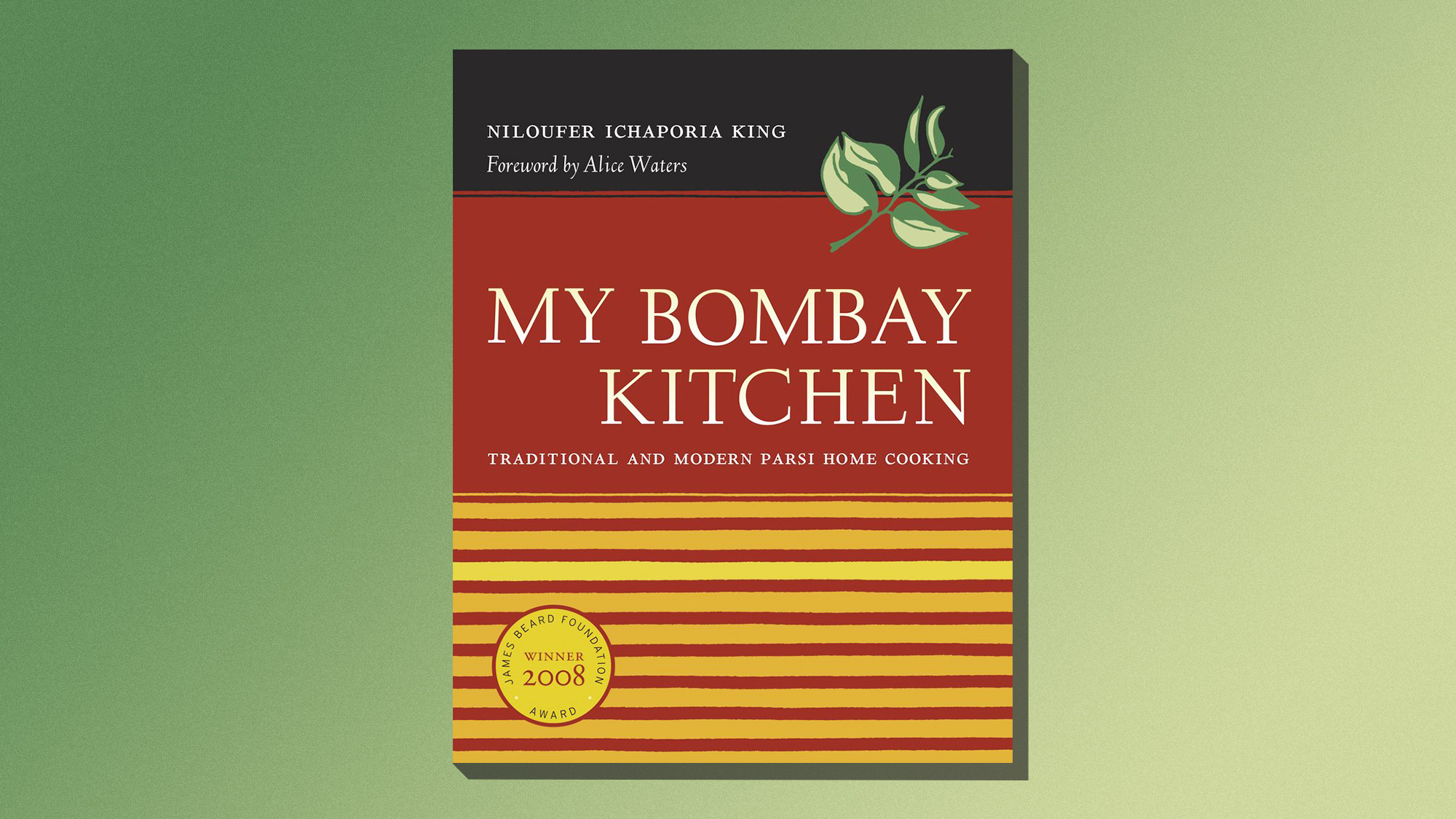 One great cookbook: Niloufer Ichaporia King’s ‘My Bombay Kitchen’
One great cookbook: Niloufer Ichaporia King’s ‘My Bombay Kitchen’The Week Recommends A personal, scholarly wander through a singular cuisine
-
 Critics’ choice: Watering holes for gourmands
Critics’ choice: Watering holes for gourmandsFeature An endless selection of Mexican spirits, a Dublin-inspired bar, and an upscale Baltimore pub
-
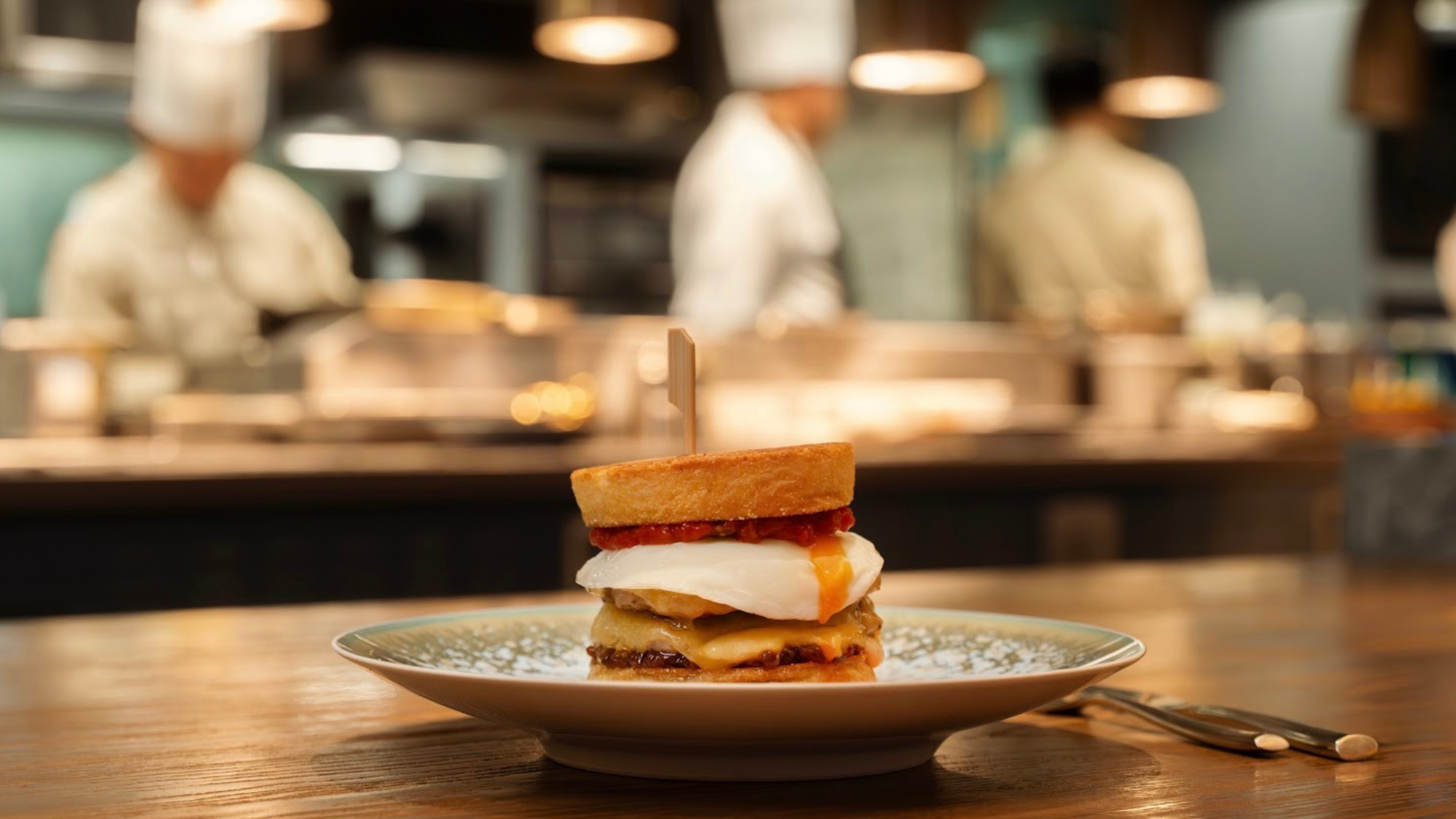 London’s best breakfasts and brunches
London’s best breakfasts and brunchesThe Week Recommends However you like your eggs in the morning, these memorable restaurants have you covered